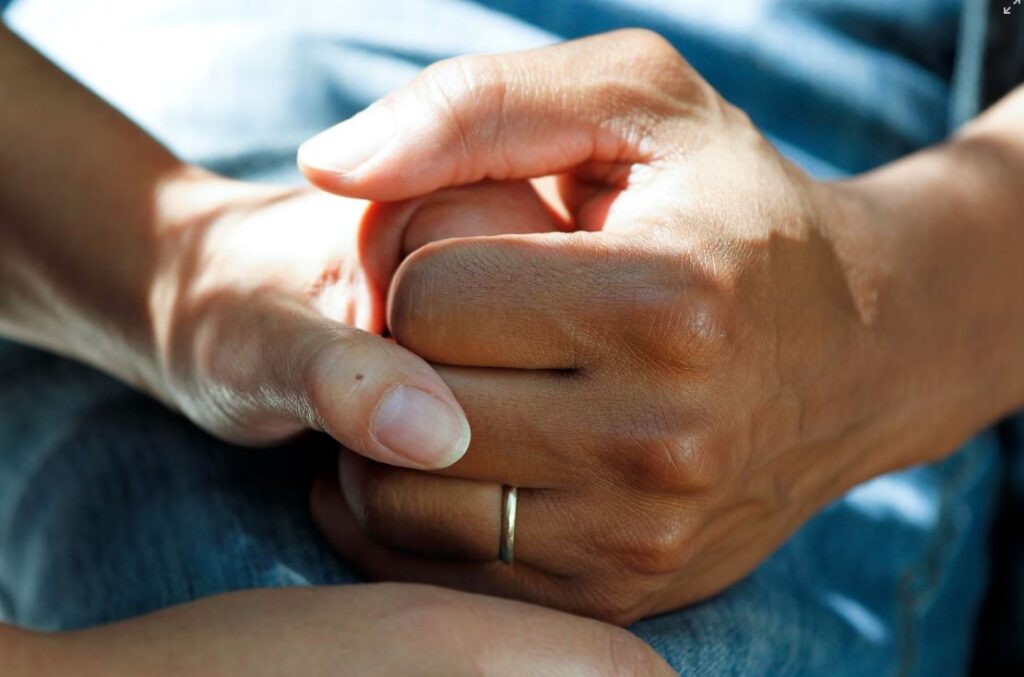
Divorce can be one of the most challenging and emotionally taxing experiences a person can go through. The end of a marriage can shake your sense of self, leaving you feeling lost, confused, and overwhelmed. It’s important to recognize the psychological impact that divorce can have and to find healthy ways to cope with the changes. In this blog post, we will explore the emotional effects of divorce and discuss some effective strategies for healing and moving forward.
Recognize Emotions
First and foremost, it’s crucial to acknowledge and process the range of emotions that come with divorce. You may experience feelings of grief, anger, sadness, guilt, and even relief. Allow yourself to feel these emotions without judgment or shame. It’s completely normal to go through a roller coaster of feelings during this time. Finding a trusted friend, therapist, or support group can provide an outlet for expressing your emotions and help you navigate through this challenging period.
Use Self Care
When going through a divorce, it’s easy to get caught up in the negative aspects of the situation. While it’s important to process your emotions, it’s also essential to focus on self-care and self-compassion. Take time to engage in activities that bring you joy and relaxation, whether it’s spending time in nature, practicing yoga, meditating, or pursuing a hobby. Prioritizing your physical and mental well-being can help you build resilience and cope with the stress of divorce.
Seek Help
Another helpful strategy for healing after divorce is to seek professional help. A therapist can provide you with valuable tools and coping mechanisms for managing your emotions and navigating the challenges of divorce. Therapy can also help you work through any unresolved issues from your marriage and develop a deeper understanding of yourself and your needs. Remember, asking for help is a sign of strength, not weakness. You may also need an attorney, like a Narcissist divorce attorney if you are handling a difficult divorce case. They can offer further support.
Self Reflect
As you journey through the healing process, it’s essential to practice self-reflection and forgiveness. Reflect on your past relationship and the lessons you’ve learned from it. Allow yourself to let go of any resentment or bitterness towards your ex-partner and yourself. Forgiveness is a powerful tool for releasing negative emotions and moving forward with a sense of peace and closure. Remember, healing is a gradual and ongoing process, so be patient and kind to yourself as you work towards acceptance and healing.
Divorce can have a profound impact on your mental and emotional well-being, but it’s possible to heal and thrive in the aftermath. By acknowledging your emotions, practicing self-care, seeking professional help, and cultivating forgiveness, you can navigate the challenges of divorce and emerge stronger and more resilient. Remember, healing takes time, so be gentle with yourself as you embark on the journey to rebuilding your life. You are deserving of healing, happiness, and a brighter future.

